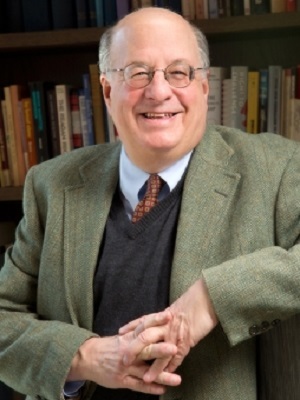BOSTON (Legal Newsline) – A class action watchdog has earned more than $60,000 for work that helped show class action lawyers overcharged the class they represented in a $300 million settlement with State Street.
That’s according to Boston federal court judge Mark Wolf, who on Jan. 19 approved the request of the Hamilton Lincoln Law Institute’s Center for Class Action Fairness, against the wishes of class counsel Lieff Cabraser, Labaton Sucharow and Thornton Law Firm.
There were no objectors in the State Street case but CCAF and its founder Ted Frank got involved in the in 2016 after the Boston Globe reported plaintiff lawyers had overstated their fees by double-counting some $4 million lawyers Lieff Cabraser and Labaton Sucharow “lent” to the far smaller Thornton firm.
That was followed by revelations Labaton had paid $4.1 million to Damon Chargois, a Texas lawyer who did no work on the case but had introduced Labaton to influential officials in Arkansas. An Arkansas state teacher pension fund served as lead plaintiff in the State Street case.
At the judge’s invitation, CCAF filed a request on Sept. 29 seeking $60,690 in fees, “a sliver of the 25%” or $1.6 million it said would normally be entitled to for its role in obtaining $6.1 million of the reduction in plaintiff attorney fees.
Plaintiff lawyers originally filed for a $75 million share of the $300 million settlement over State Street’s foreign exchange trading activities. After a lengthy investigation in which the lawyers had to pay millions of dollars in their own legal fees and fees to a court-appointed special master, Gerald Rosen, Judge Wolf trimmed the total fees awarded to all counsel to $60 million.
Since then, Lieff Cabraser and Labaton have mounted a fierce battle to recover their fees that has even forced the judge hearing their case to consider hiring his own lawyer to represent the court in an appeal before the First Circuit.
The lawyers won’t have to pay CCAF’s fees, though. That money will come from the common fund.
“Here, CCAF did not act gratuitously in rendering the services for which it seeks compensation,” Wolf wrote. “Rather, it was responding to court orders requesting its assistance.
“Its work complemented, rather than duplicated, the work of the master. CCAF’s expertise and efforts strengthened the adversary process.
“Its efforts contributed to the court’s conclusion that an award of attorneys’ fees in the amount of $60 million was appropriate, providing the class with almost $15 million more than the original fee award, and about $6.2 million more than the master recommended.”
